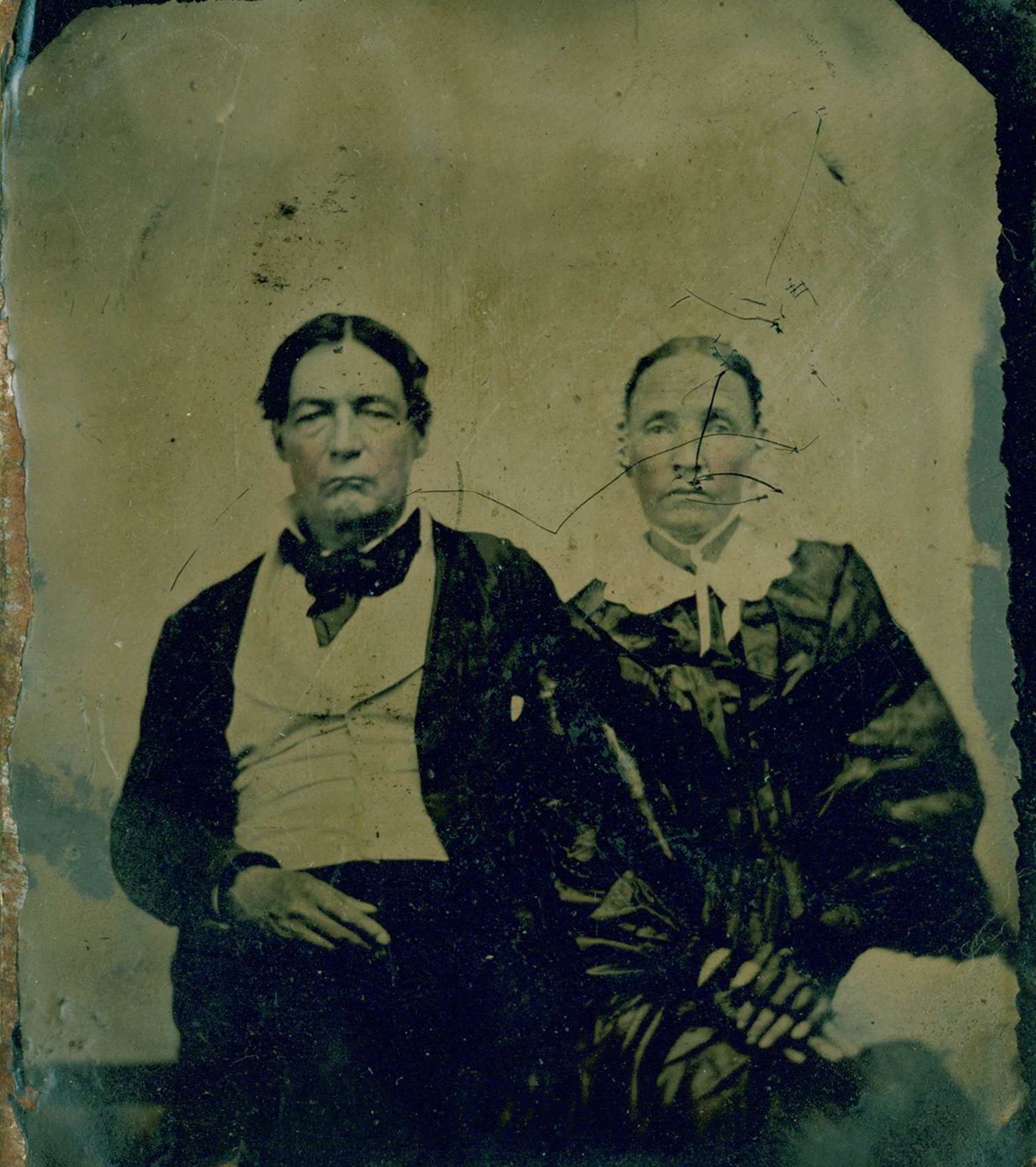
William Walker was a prominent member of the Wyandot tribe and the provisional Governor of the Nebraska Territory. Born in Michigan in 1800, he belonged to the Big Turtle Clan. He was educated at a Methodist school at Worthington, Ohio and was one of the most influential men in the Wyandot Nation. Described as an eloquent speaker, he was also a prolific writer. He married Hannah Barrett in 1824 and the couple had five children. Walker became a merchant, an interpreter, postmaster at Upper Sandusky, and served as Private Secretary to Lewis Cass, the Governor of Michigan Territory. He became Head Chief in 1835.
By the 1830s, political pressure increased on the Wyandot to exchange their lands in Ohio for land in what would become the state of Kansas. In 1832, Walker headed a delegation of five Wyandots to explore their proposed new lands. The report, written by Walker, was highly unfavorable toward the land they saw and those they encountered on the frontier. The murder of a Wyandot Chief and his family finally persuaded the tribe that the American government would not protect them in Ohio and in 1843, 664 Wyandots left Ohio by steamboat for their new home in Kansas. The land they purchased from the Delaware encompassed the present Kansas City, Kansas.
On July 26, 1853, Walker was elected provisional governor of the territory of Nebraska at a meeting at the Wyandot Council house. The group that elected him were Wyandot, White traders, and outside interests who wished to preempt the federal government’s organization of the territory and to benefit from settlement of Kansas by White settlers. Walker’s election as provisional governor was not accepted by the federal government but it prompted Congress to hasten the official organization of the future Kansas and Nebraska by passing the Kansas– Nebraska Act of 1854 that opened the territory to White settlement and allowed settlers to determine if slavery would be allowed in their territories. The Wyandot people were divided on the issue of slavery, Walker himself owned slaves. He was, however, opposed to secession. A few Wyandot benefited in the 1850s and 1860s by selling their lands to White settlers, but for most the influx of Whites proved disastrous and they soon moved to Oklahoma and new lands there. Walker remained in Kansas where he died in 1874.